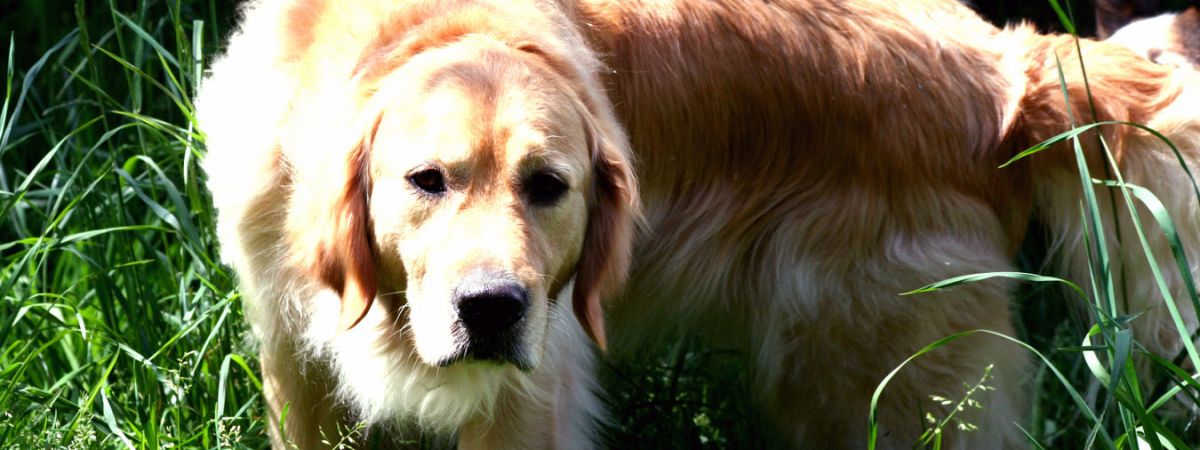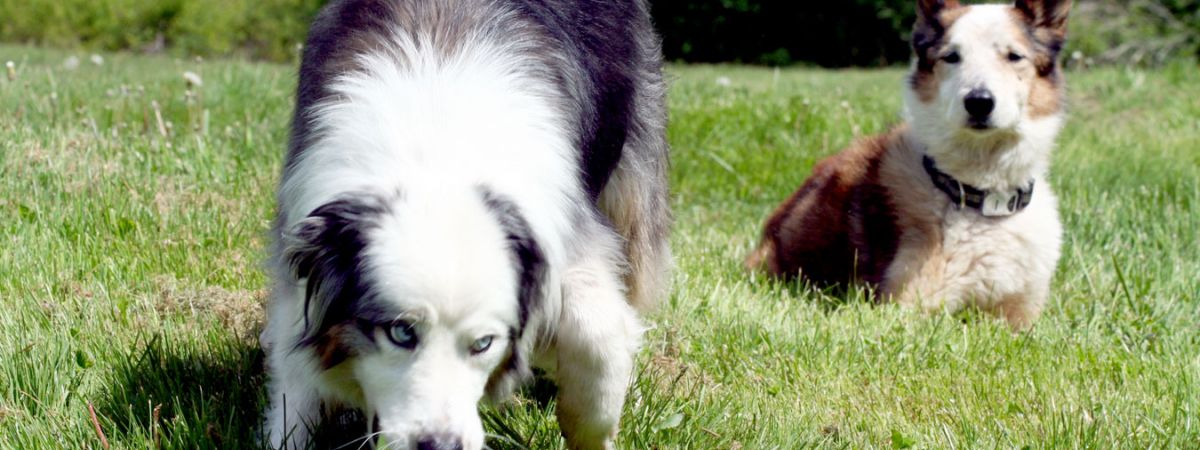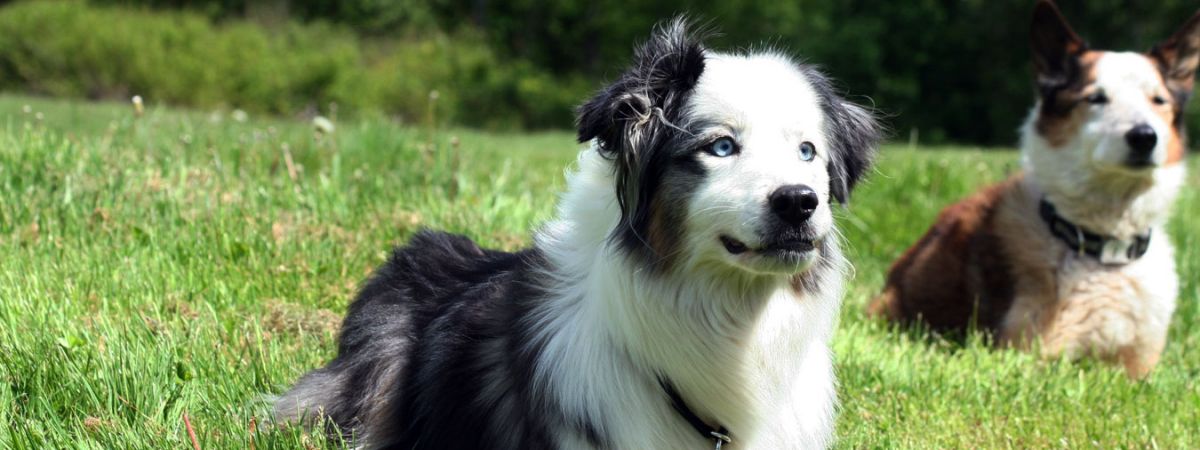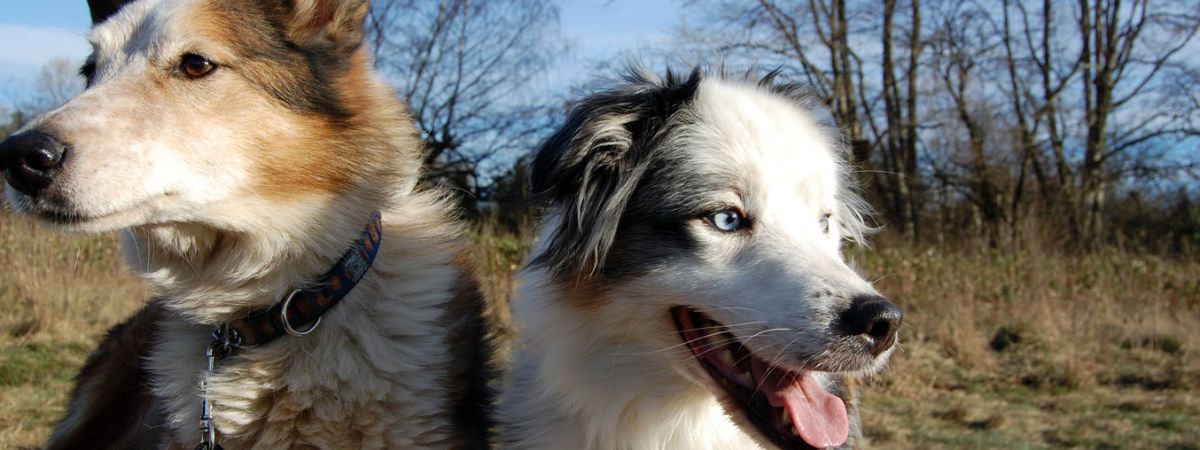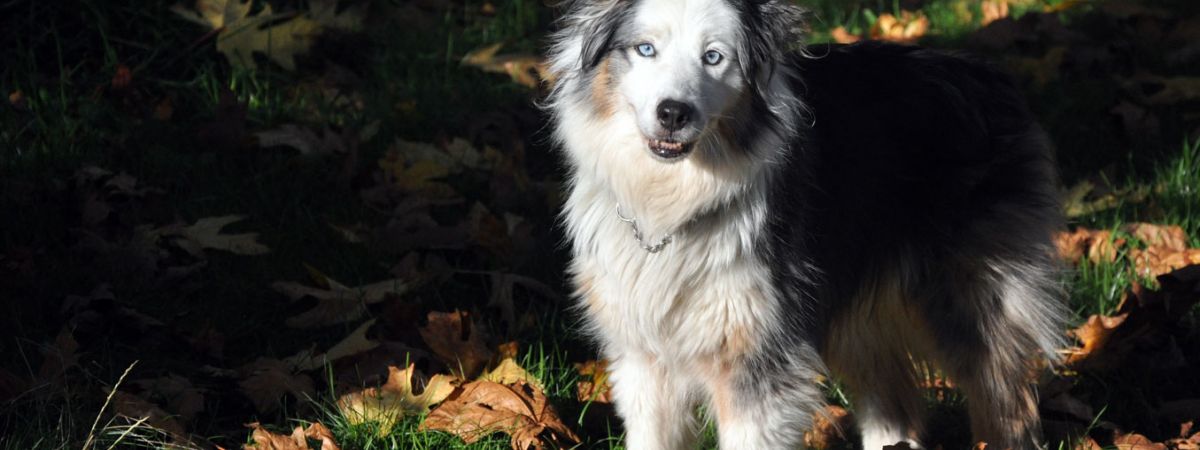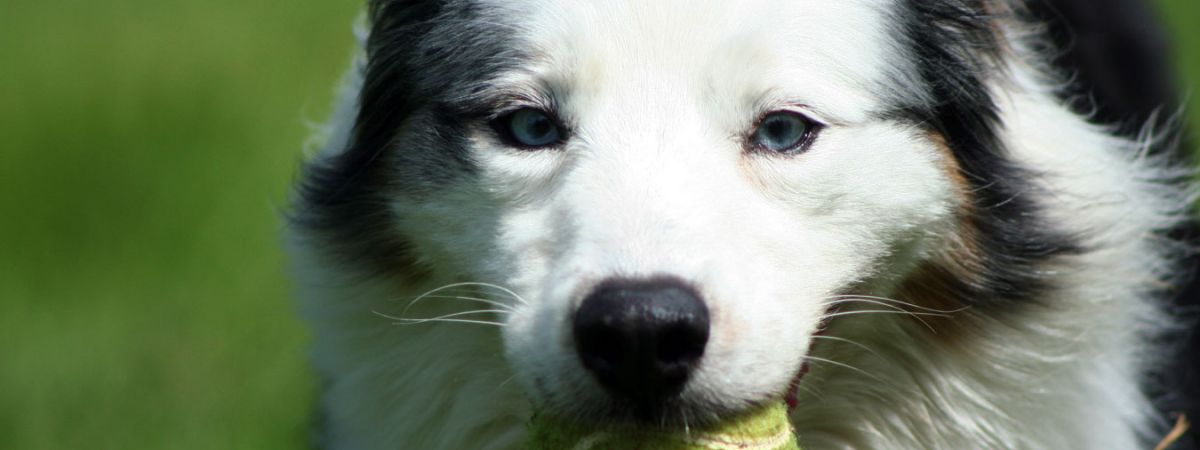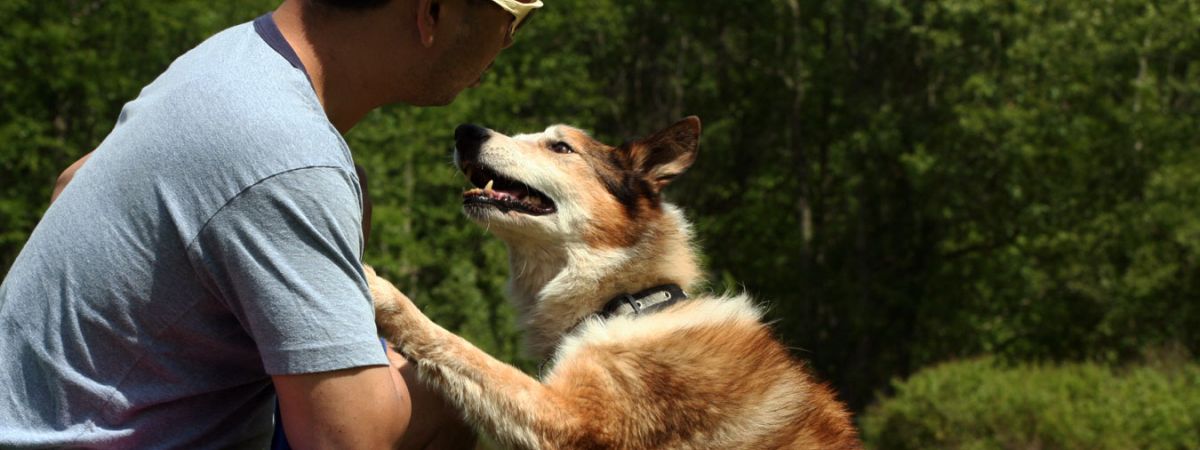Territorial Marking Dog Training Tips
If your dog is lifting his leg along your furniture, trash can, or other areas of your home, you have more than just a housebreaking issue… you also have a respect problem. More common with male dogs, but also sometimes with females, territorial marking can be a serious problem to say the least.
Perhaps your dog is trying to dominate you (as in “My dog urinates along my easy chair”). Or maybe your dog is trying to dominate someone else, (e.g; the baby’s room, the cat’s scratching post, your other dog’s bed, etc.).
Truthfully, if your dog is dominating the household by marking his scent, urinating is only the tip of your problem! Dogs who feel they’re in charge are also significantly more likely to “discipline” others with aggressive behaviour, be possessive over their food, or at the very least, listen less in general. Following, are some dog training tips to help you prevent or alleviate territorial marking/leg lifting problems:
In order to alleviate this problem, you’ll need to do all of the following:
1) Get your dog spayed or neutered. This can help considerably in cutting down on the instinct to mark his scent.
2) Thoroughly clean all of the affected areas with an odour neutralizer. Learn more about the importance of using an odour neutralizer here.
3) Dog obedience training will be paramount in resolving this issue. Work with your dog on a leash all around your home, especially in the areas where he’s marked in the past. See more articles about dog obedience training here.
5) Earn your dog’s respect in additional ways too: Don’t allow your dog on the furniture. Make him sit/stay before receiving food, water, treats, or petting. Discontinue letting your dog train you into doing things… like throwing the ball because he barks while you’re on the phone. Work on the heel command, so your dog doesn’t pull when you walk him. And make other changes so your dog no longer feels like he’s in charge.
6) Personally leash walk your dog outside to do his business and praise lavishly. Regulate feeding and watering schedules, and supervise or confine when indoors.
7) Look for opportunities to catch your dog in the act of marking on things. You don’t have to wait until he’s physically urinating. If you see your dog sidling up to the easy chair and are positive his plan is to urinate, go ahead and correct him then. Be particularly diligent in areas that have been a problem in the past. Never correct your dog after the fact.
Remember, dogs are instinctively pack animals. If your dog clearly sees you as the Alpha, he wouldn’t dare mark his scent in your territory… your territory being the entire house and all of its contents!
With supervision and obedience training, your dog can soon be a respectful family member who follows the rules of your home!
The Grouchy Dog Days of Summer
When temperatures start to really rise, even the most mild mannered people can get a little testy… and likewise for our dogs! This is a time when parents need to take extra measures of precaution to protect both children and pets.
Most parents will attest that on hot, sticky days it gets uncomfortable when your children want to hang all over you. Remember that your dog likely feels the same way. Your furry Golden Retriever who normally doesn’t mind being hugged and routinely enjoys the antics of young children, may react differently under such extremely hot circumstances.
Knowing that even pets with the best temperaments can get grouchy, it is each family’s responsibility to create and enforce rules and routines to protect the health and safety of all family members, human and canine.
Here are some things you can do to prevent problems:
- Practice obedience training and exercise your dog or puppy in the morning or evening rather than midday.
- Provide plenty of cold drinking water at all times for your dog or puppy.
- Have your dog or puppy spend time in the air conditioning during the heat of the day.
- If your dog or puppy lives outside, provide plenty of deep shade at all times.
- If you’re spending family time outdoors, wet your dog or puppy with a hose, sprinkler, or small plastic pool.
- Teach children when “enough is enough”. Everyone is entitled to have their own personal space, even your dog.
- If your pet does behave inappropriately, correct him and provide him with some cool, quiet time. Keep up with practicing obedience training, and contact a professional dog trainer if you see a problem developing.
By using some common sense, you can protect both your children and your pets’ safety, health and well-being. The dog days of summer can be fun for everyone!

